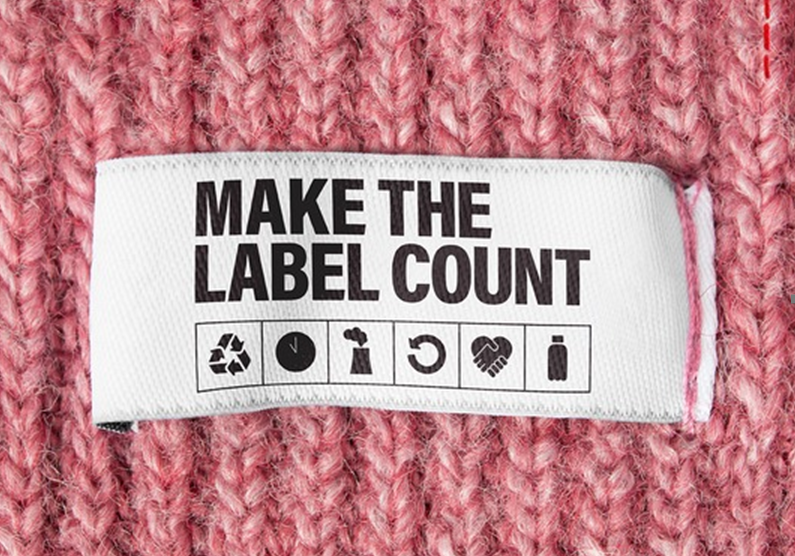Founded by Prof. Dr. Michael Otto, AbTF is now part of the Make the Label Count initiative, an alliance with natural fibre manufacturers, standards organisations, and environmental groups aiming to ensure that EU sustainability claims for textiles are credible and balanced.
Make the Label Count was established to address gaps in the EU's new Product Environmental Footprint Category Rules (PEFCRs), a framework developed by the EU Commission to standardise how the environmental impacts of products are measured.
The PEF system is designed to promote green business and its framework is provided by the PEFCR which has faced criticism for favouring synthetic, fossil-fuel-derived fibres like polyester while overlooking the benefits of natural fibres like biodegradable cotton and recyclable cashmere.
“We welcome the EU’s ongoing efforts to combat greenwashing in product advertising, including through verifiable sustainability claims. However, the EU’s current Product Environmental Footprint (PEF) is misleading consumers,” explained Tina Stridde, the managing director of the Aid by Trade Foundation.
She added: “As it stands, the regulations favour textile fibres made from fossil fuels such as oil while placing natural fibres—such as cotton verified under Cotton made in Africa or cashmere fibres verified under The Good Cashmere Standard—at a disadvantage, despite the natural fibres being biodegradable, recyclable, and produced in an environmentally friendly way.”
Together with Make the Label Count, AbTF and other stakeholders are urging the EU to reform the PEF assessment methodology to better reflect the environmental costs of synthetic fibres and to promote transparency for consumers.
According to Dalena White, spokesperson for Make the Label Count commented: “In addition to the socio-economic dimension of raw material production for numerous producers, the EU’s PEF methodology must take into account that oil-based materials such as polyester produce mountains of plastic waste and disperse tiny microplastic particles into our waters and soils.
“It is therefore urgent that aspects such as microplastic emissions, plastic waste, and circularity be included in the assessment.”









